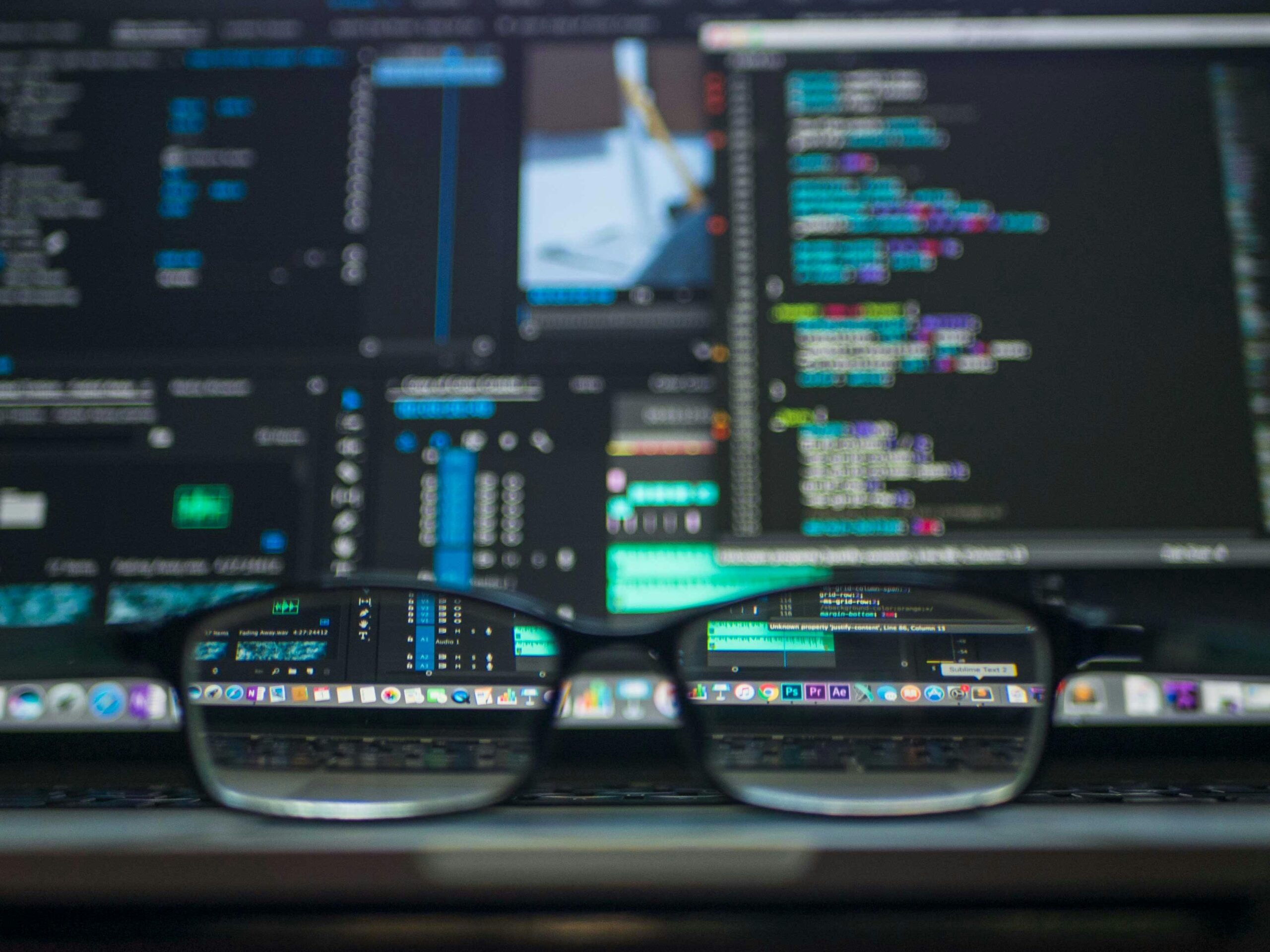Artificial intelligence (AI) is quickly becoming a key part of HR strategy, from automating repetitive administration tasks to helping identify the best talent in recruitment processes. But while AI offers many benefits, it also brings new risks and responsibilities for employers to manage. Whether you’re running a small business or leading a large HR department, understanding how to use AI effectively, and legally, is essential.
The Rise of AI in HR
AI technologies are being integrated into a wide range of HR functions so that they can support HR professionals in their day to day work. These include:
- Recruitment: CV screening, candidate matching, and even initial interviews
- Onboarding: Automated communications and training programmes
- Performance management: Real-time analytics and predictive performance insights
- Employee engagement: Chatbots and employee satisfaction analysis tools
- Payroll and benefits: Automated processing and issue detection
The Chartered Institute of Personnel and Development (CIPD), has produced a range of content about the use and growth of AI in people management, whilst they recognise its benefits they caution that employers should remain mindful of its limitations.
The Pros of Using AI in HR
Improved Efficiency
AI tools can carry out time-consuming tasks such as sorting CVs, scheduling interviews, or processing routine HR queries. This frees up HR teams to focus on strategic priorities like employee wellbeing, learning and development, and company culture.
Data-Driven Decisions
AI can analyse vast amounts of data to spot trends or predict outcomes. This helps HR professionals make better decisions for example, identifying which candidates are most likely to succeed in a role or which teams may need additional resource and this means that time spent on spreadsheets and data assessment is greatly reduced.
24/7 Availability
Chatbots and AI-driven support tools can provide employees with instant answers to HR queries at any time, improving the employee experience and reducing delays.
Reduced Bias (In Theory)
Used correctly, AI has the potential to reduce human bias in recruitment or promotions by applying consistent criteria across all candidates. However, this depends on how the AI is trained, a point we’ll revisit below.
Cost Savings
By automating repetitive tasks and reducing manual errors, AI can help businesses save money over time, especially in high-volume HR functions such as payroll processing or recruitment.
The Cons of Using AI in HR
Bias and Discrimination Risks
AI systems are only as objective as the data they are trained on. If historic data includes biased decisions (for example, favouring one gender or ethnic group), the AI may replicate those patterns. This could lead to discrimination and even legal issues.
Lack of Transparency
Many AI tools operate as “black boxes,” meaning it’s unclear how decisions are made. This can be problematic when an employee challenges a decision for instance, why they weren’t shortlisted for a role.
Over-reliance on Automation
There’s a risk that HR teams may rely too heavily on AI, sidelining human judgement. AI should support, not replace, professional expertise, especially when dealing with sensitive or complex people issues or when creating things like policies which can be complex and need to adhere to legal guidelines.
Data Privacy Concerns
AI systems often rely on collecting and analysing large volumes of personal data. Employers must ensure any AI use complies with the UK GDPR, particularly regarding transparency, consent, data minimisation, and fairness.
For more guidance, refer to the Information Commissioner’s Office (ICO) guide on AI and data protection.
Cost and Complexity
Implementing AI tools and training employees to use them can be expensive, especially for smaller businesses. Integration with existing HR systems can also present technical and operational challenges.
Legal and Ethical Considerations
While UK law doesn’t yet specifically regulate AI in HR, general employment and data protection laws still apply. These include:
- Equality Act 2010: Employers must ensure AI tools do not discriminate against protected groups.
- UK GDPR: Employees have the right to know how their data is being used and to object to automated decision-making.
- Employment rights: If an AI-driven system makes a decision (e.g. about disciplinary action), a human should be involved in reviewing or confirming that decision.
Best Practice Tips for Employers
If you’re considering using AI in your HR processes, then it is important to consider some essential steps. Reviewing the data that you put in the AI technology is crucial, the technology is only as good as the data it receives. The actual AI tool or tools you use will make a difference, choose your suppliers carefully and make sure you understand how the technology works as best you can so that you can explain issues as and when challenged. Communication with staff on the use of AI will mean that they have a greater understanding of its benefits and how and why you have decided to implement it, where necessary train staff. Finally, HR is fundamentally about people, AI can only do so much and it has its flaws, human input and oversight is still required and it is critical that employers don’t lose sight of that.
Do you have any questions about today’s blog, need help in becoming legally compliant with contracts/policies or can we support you in taking away any people pains to give you peace of mind?
If you answered yes to any of the above, just give us a call at CUBE HR on 01282 678321, or book in a FREE 30 Minute HR Health Check here FREE HR Health Check and we’ll happily give your business a full HR overview with our personal recommendations absolutely FREE!
Why not also check out last weeks blog How Safe Is Employee Data in a HR System?
We also have a YouTube channel with loads of handy videos outlining various HR related scenarios.




